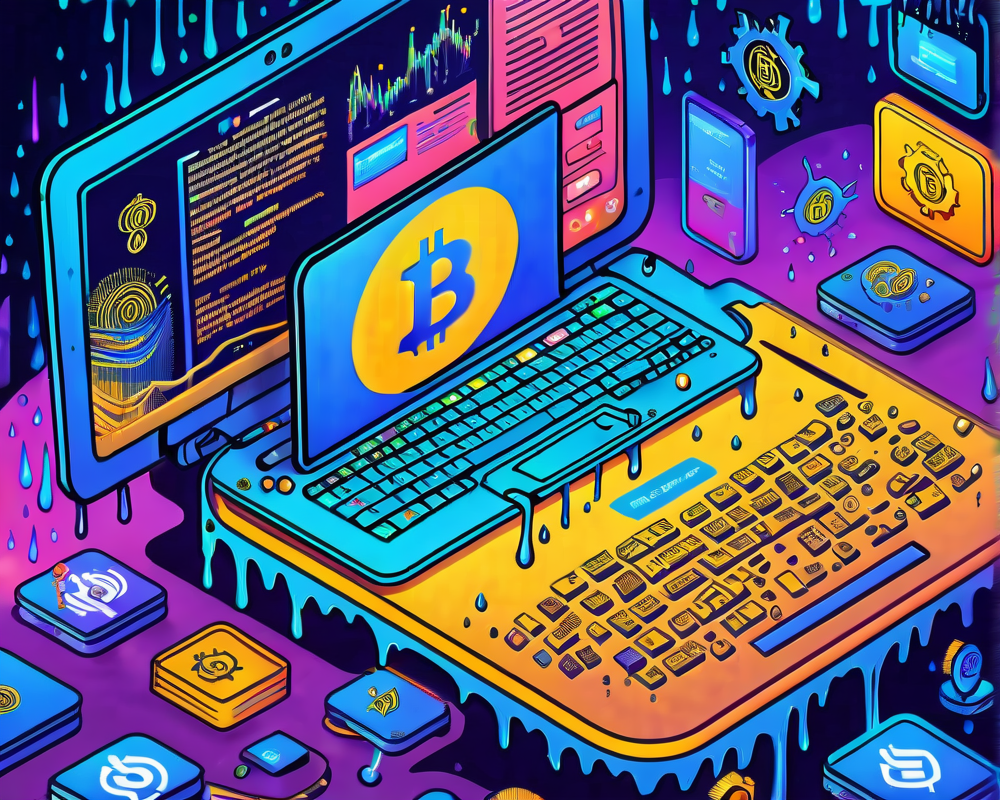What Happened at Telefonica?
On a fateful Friday, Spanish telecom giant Telefonica found itself in the eye of a cyberstorm, suffering a staggering 85 percent shutdown of its computer systems due to a ransomware attack. Hackers, always the opportunists, demanded a hefty ransom of $550,000 in Bitcoin. Yes, that’s right—these bad guys are not just stealing your lunch money; they’re going for the big bucks!
The Fallout: Affects on Staff and Systems
The fallout of this cyber chaos was swift. Most employees found themselves clicking the ‘exit’ button on their workstations faster than you can say “network breach.“ Reports suggest that a whopping 90 percent of the company’s machines ended up infected, creating a real-life digital zombie apocalypse.
- 85% computer systems shut down.
- 90% of machines infected.
- Staff vacated their posts, perhaps while contemplating their next career move.
Who’s Behind the Attack?
While no attacker takes credit like a rock star, reports hint at an origin point in China. Though this is still under investigation, sources indicate this is no ordinary band of hackers—it smells like a well-organized operation.
The Ransom: A Price Too High?
The hackers have ingeniously pegged their ransom to the company’s size: demanding $300 per infected machine. In the world of cybercrime, apparently, volume equals value. Accumulated, that comes to a cool 300 Bitcoins, which translate to around 510,000 euros. Would you pay, or would you risk it, hoping for an IT hero to save the day?
Company’s Response: Spin or Strategy?
In the midst of this chaos, Telefonica’s Chief Data Officer, Chema Alonso, took to Twitter with an apparently reassuring message, suggesting that the media may be blowing things out of proportion. “Our colleagues are working on it right now,” he tweeted, sounding optimistic, or perhaps just wishing that the problem would magically resolve itself.
“The news is exaggerated, and our colleagues are working on it right now.”
Vulnerabilities and Lessons Learned
The attack is believed to have exploited a vulnerability in Microsoft Windows. This serves as a vivid reminder for corporations everywhere: the digital world is full of threats lurking in the shadows, waiting to pounce on any security lapse. It’s clear now—companies might want to step up their cybersecurity measures and, perhaps, invest in a virtual sheepdog.
As businesses continue to wrestle with the balance between convenience and security, this latest attack on Telefonica is a glaring lesson. When it comes to ransomware, prevention is not just better—it’s cheaper than paying off the digital extortionists.




